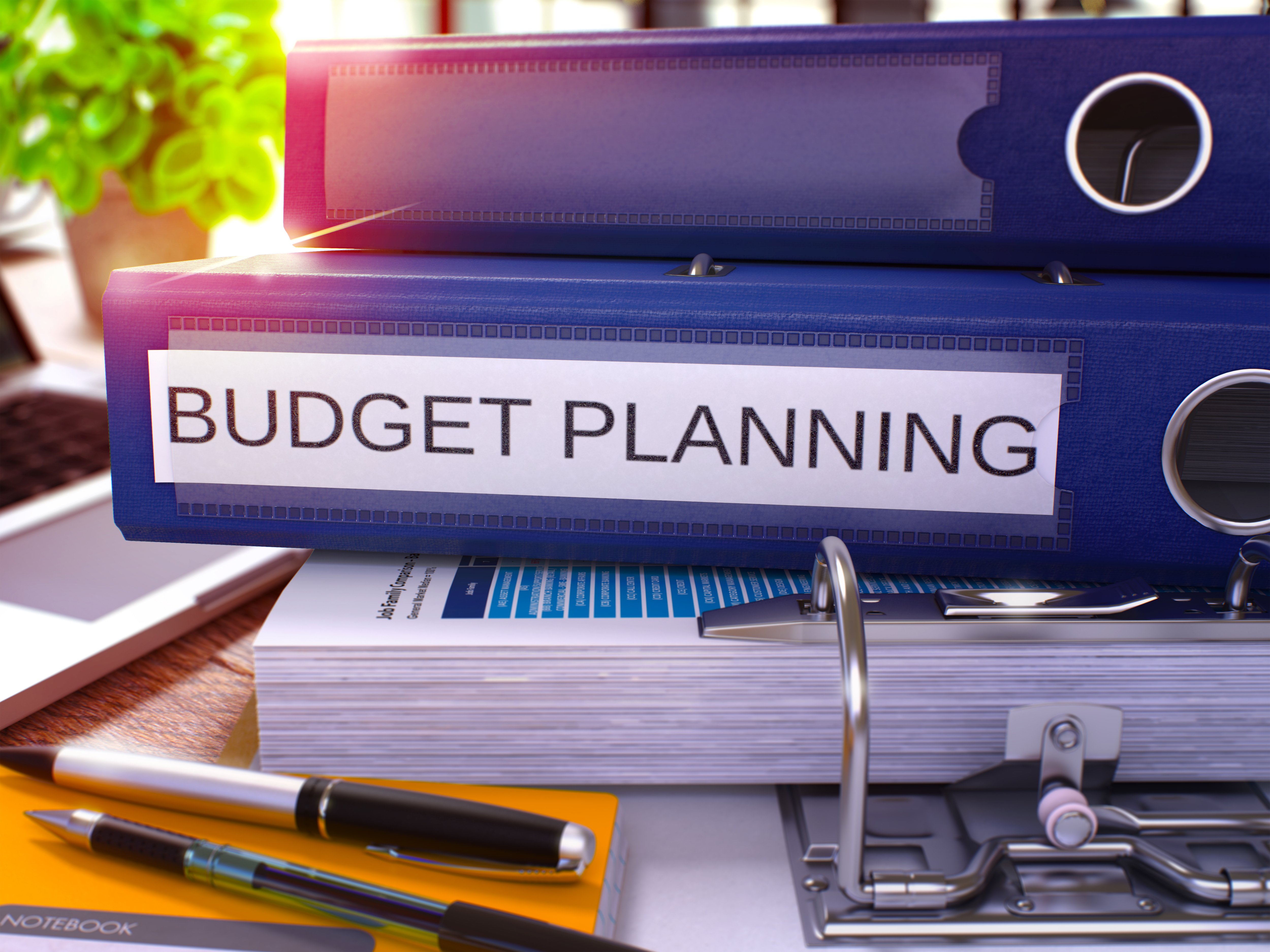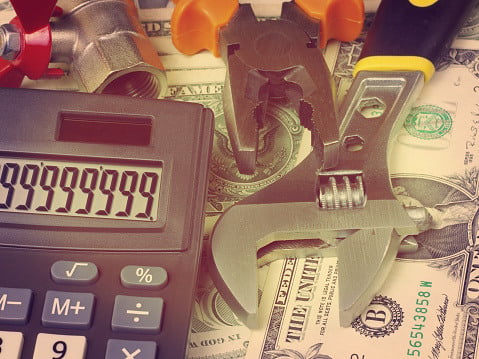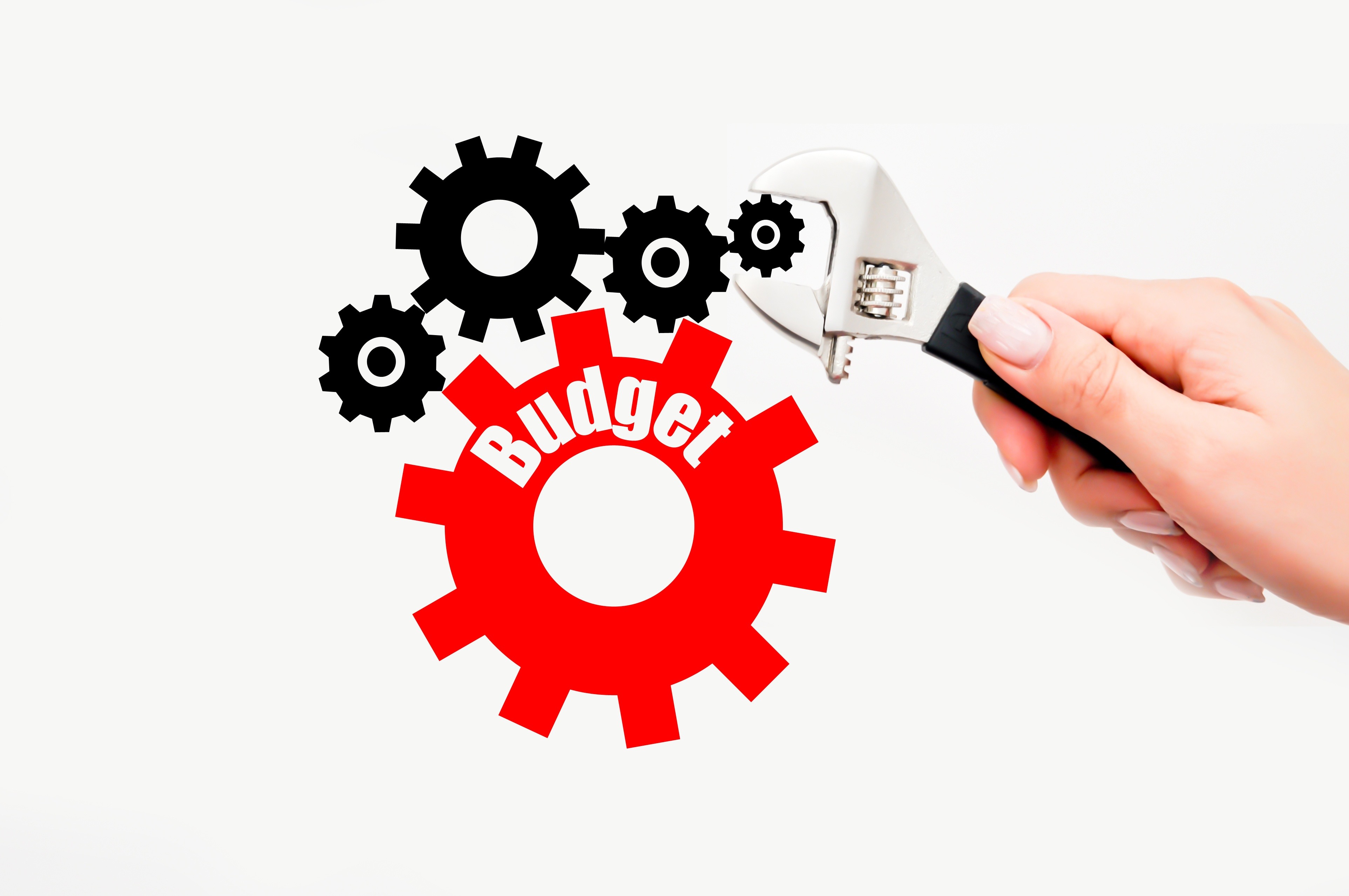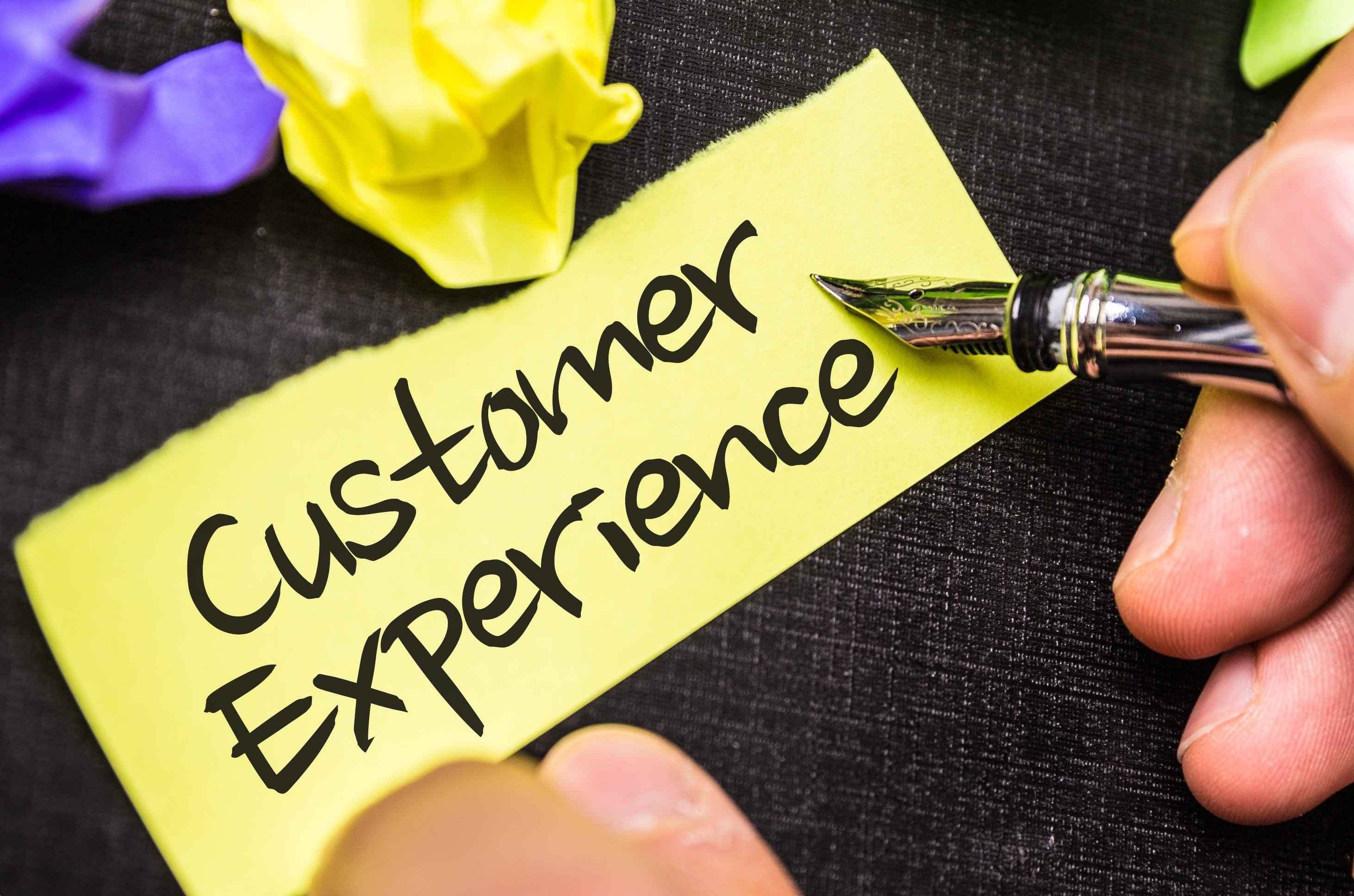 Identity theft can happen to anyone, anywhere, and is a problem any time of the year. The National Foundation for Credit Counseling (NFCC) offers the following tips to help consumers protect themselves.
Identity theft can happen to anyone, anywhere, and is a problem any time of the year. The National Foundation for Credit Counseling (NFCC) offers the following tips to help consumers protect themselves.
1. Be aware of your surroundings
When you’re out shopping, sidewalks and malls will be crowded and shoppers will be distracted. This is the perfect combination for a pick-pocket. If someone bumps into you, don’t assume it was an accident. Women should clutch purses closely at their side or in front of them with the wallet hidden at the bottom. Men should stow wallets in an inside coat pocket.
2. Don’t carry large sums of cash
Charge your purchases or use a debit card. Just remember that credit cards offer some protections that debit cards don’t. When you use a credit card, you can dispute a purchase before paying for it. With a debit card, the money is removed from your account at the time of the purchase. A thief can wipe out your checking or savings account before you ever realize the theft has taken place
3. Guard your PIN number at the ATM
Be aware of anyone lurking around the ATM, and if someone is standing too close, simply ask him or her to step back. Thieves can also install devices that read your information at the ATM without you knowing it. If you notice anything unusual about the ATM, use a different one, and report what you’ve seen to the bank.
4. Don’t let your credit card out of your sight
Unscrupulous clerks or waiters can copy your card information or swipe your card into a second card reader and later make a new credit card for themselves. Worse yet, they can sell your information to an organized crime ring.
5. Lighten your wallet
Remove anything from your wallet that you don’t absolutely need to have with you. That way, if someone is successful in stealing it, they won’t get as much. Never carry your Social Security card with you, but check other cards that might use your SS# as an identifier. If you’re not going to be using your checkbook, leave it at home.
6. Make copies of your credit cards
Copy both sides of all your cards. If you lose your wallet, you’ll have easy access to all of your account numbers and phone numbers, allowing you to alert your bank immediately.
7. Keep up with all receipts
Not only will you need them to make returns easily, but crooks are very interested in stealing the information they contain. Never stuff the receipts into your car visor or leave them exposed in any way.
8. Open your credit card statements as soon as they arrive
Check the bill for any unauthorized purchases. Even better, keep a watchful eye on your accounts by going online and reviewing your accounts each week. If you notice anything out of the ordinary, report it immediately to your bank. Doing so will likely remove any payment responsibility you might have for fraudulent purchases.
9. Secure all personal information even while at home
Unfortunately, many times an ID thief is someone we know, especially when you you may have guests in your home. Remove temptation by putting personal information out of sight.
10. Consider signing up for a credit monitoring service
Such services alert you via email anytime there is an inquiry or other activity to your credit report. In other words, if someone tries to open an account in your name, you’ll know about it. Such services are offered by all of the major credit reporting bureaus, and could be money well-spent.
11. Order your credit report
Consumers are allowed one free credit report every 12 months from each of the three bureaus. Order a report now from one bureau, and order another one in January from a different bureau. This will give you a good snapshot of activity and will alert you to anything unusual.
In spite of all your efforts, if you are victimized by ID theft, contact an NFCC Member Agency for help. Their certified counselors can walk you through the steps to recovery. To find the agency closest to you, call (800) 388-2227, or go online to www.DebtAdvice.org.
It’s important to protect yourself in every way that you can, and if you live in a homeowners association check with your HOA board or manager that your personal information is kept in a safe and secure location.
Related Articles:
Resident Tips from an HOA Board: Don't Throw Away Your Identity
3 Things to Do if Crime is a Problem in Your Homeowners Association









